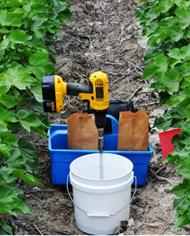Researchers have developed a new, easier way to find the answer to the question, "How much carbon is stored in soil?"
Search Articles
-
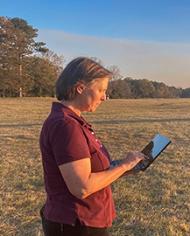
ARS researchers have developed a unique mobile system that assesses and maps out soil carbon to a depth of 30 centimeters (the plow layer) – all in real time.
Mar 01, 2022 -
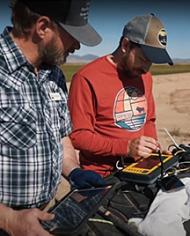
Researchers worked with the Quapaw tribe to create high-resolution digital maps of soil properties for their tribal lands.
Apr 26, 2024 -
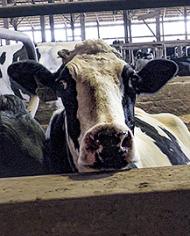
ARS scientists collaborated to sequence and assemble the genomes of the ticks that cause cattle fever and anaplasmosis.
Apr 17, 2023 -
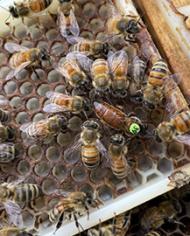
ARS researchers are studying genetics and breeding to make honey bees more resilient.
Apr 06, 2022 -
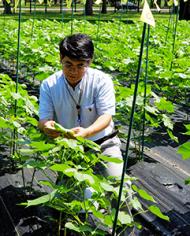
Scientists are producing new strains of cotton that offer both quality and abundance.
Mar 14, 2022 -
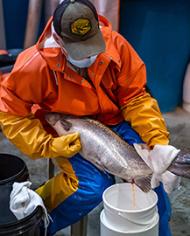
An improved genome reference sequence for the North American Atlantic salmon and the first DNA chip enables the use of genomic information in breeding strategies.
Feb 22, 2022 -

An improved genome reference sequence for the North American Atlantic salmon and the first DNA chip enables the use of genomic information in breeding strategies.
Feb 22, 2022 -
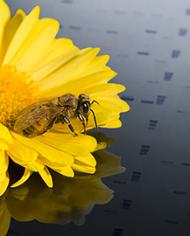
Researchers with the ARS Honey Bee Breeding, Genetics, and Physiology Research Unit have identified a region of the honey bee genome linked to reduced colony defensiveness.
Feb 11, 2022 -
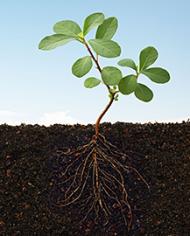
A new protocol addresses sources of variability and uncertainty in measuring microbial community composition and its connection with agricultural management and changing climate.
Feb 10, 2022 -
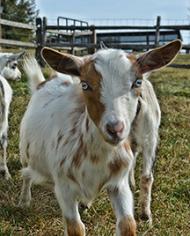
The USDA-USAID Livestock Improvement Project is an 8-year international program to enhance genetic gains made in local goat populations.
Mar 24, 2021 -
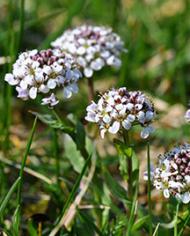
Researchers determined that winter camelina and pennycress are effective in reducing excess nitrogen and preventing its escape from farmland.
Mar 31, 2021 -
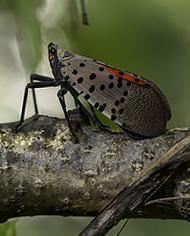
A team of ARS scientists in cooperation with Pacific Biosciences published the first genome of the invasive spotted lanternfly.
Mar 23, 2021 -
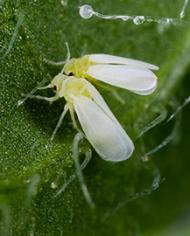
ARS scientists have developed novel RNA interference technology that interrupts the expression of critical whitefly genes.
Jul 27, 2020 -
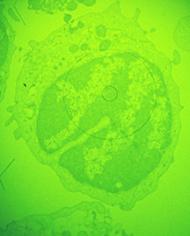
ARS scientists are using gene editing to assist in the development of a vaccine for
African swine fever.Jul 26, 2020 -
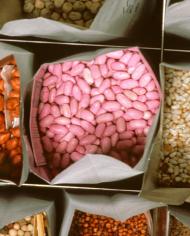
The National Plant Germplasm System--a collection of seeds, cuttings, bud wood, rootstocks, and other plant material--has had over 209,700 accessions shipped to 81 countries.
Mar 13, 2019 -
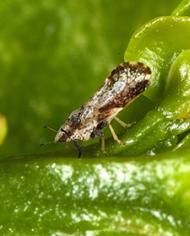
A team of ARS and Boyce Thompson Institute researchers in Ithaca, NY, may have found a weak link in the citrus-greening disease cycle.
May 09, 2019 -
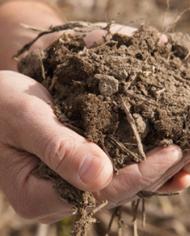
Farmers can better determine how much or how little nitrogen to apply for optimal crop yields by using "Soil-Test Biological Activity" approach.
May 28, 2019 -
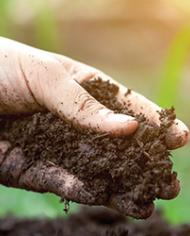
Researchers developed state-of-the-art sensors that estimate soil water levels using readings from electromagnetic pulses.
May 16, 2019 -
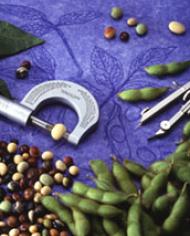
In an effort to reduce cooking time, ARS scientists discovered that genetic differences exist among beans that determine how long it takes the bean to cook.
May 25, 2018 -

ARS scientists have shown that anaerobic soil disinfestation is a promising alternative to methyl bromide fumigation.
Apr 19, 2018 -
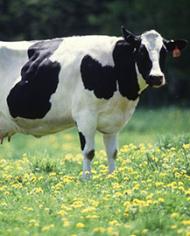
ARS researchers are at the forefront of cutting-edge genomics research that is providing breeders with the molecular tools they need to improve on key traits such as disease resistance.
Apr 16, 2018 -
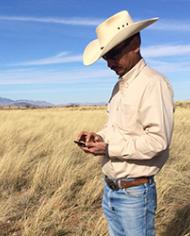
ARS has developed the LandPKS app to help farmers better monitor their soil and crop conditions to make better decisions about irrigating, weeding, and fertilizing crops.
Mar 29, 2018 -
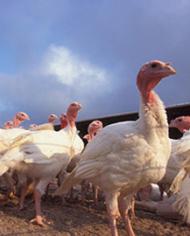
ARS researchers are developing better ways to improve animal production by using more precise techniques and tools.
May 09, 2017 -
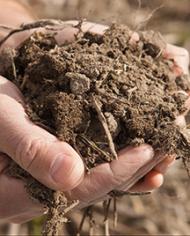
A new garbage-processing technology reduces the municipal solid waste disposal in landfills and generates a co-product that can be used to reclaim damaged soils.
May 09, 2017



